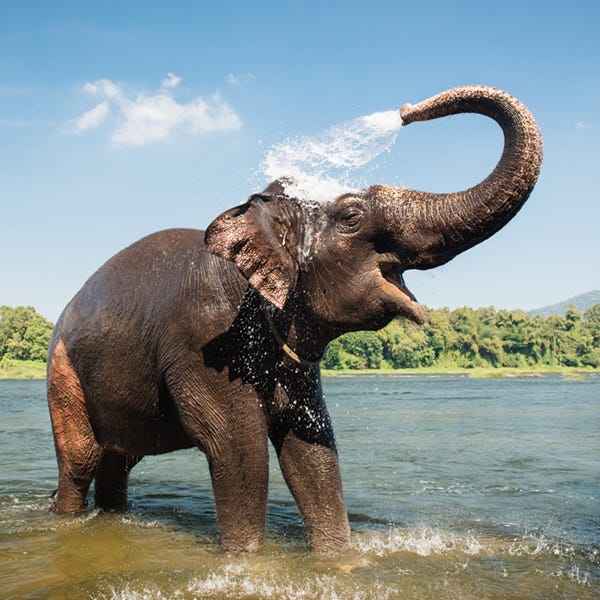Looking out for birds? Bees? There’s a certification for that.Looking out for birds? Bees? There’s a certification for that.
You want to stock products that support wildlife conservation, bird safety or protecting pollinators? These certifications show you what products can support those concerns.
July 31, 2018

There’s a certification for seemingly everything these days — including, increasingly, being friendly to animals, from bees to birds to orangutans. For people who want to know how their purchases may impact animals, we highlight the animal-focused certifications you can look for when you’re shopping for natural foods and products.
Wildlife-friendly
The Wildlife Friendly En terprise Network issues Certified Wildlife Friendly and Predator Friendly labels to recognize producers who use practices that contribute to wildlife conservation around the world. They are designed to “showcase production practices that allow people and wildlife to coexist and thrive.”
terprise Network issues Certified Wildlife Friendly and Predator Friendly labels to recognize producers who use practices that contribute to wildlife conservation around the world. They are designed to “showcase production practices that allow people and wildlife to coexist and thrive.”
Cruelty-free
If you shop in the natural channel, chances are you’ve seen the Leaping Bunny logo. It’s Cruelty Free International’s assurance that the brand making that product has committed to avoid animal testing in its products and ingredients. The certification is used by cosmetic, personal care and cleaning products, and managed by Cruelty Free International and international partners.
Pollinators
A lot of folks are looking out for bees these days. In Europe, Certified Bee-Friendly can guide you to bee-friendly products; in the U.S., the Xerces Society’s Bee Better Certified seal is given to farmers and companies making sure their agricultural lands are hospitable places for bees and other pollinators. The goal is to help consumers make informed choices while rewarding conservation-minded farmers and incentivizing businesses to incorporate pollinator conservation into their supply chains.
Birds
The Smithsonian Migratory Bird Center’s Bird Friendly Coffee certification came about after the center started finding that shade removal on coffee farms was threatening tree canopies that migratory birds depend on. Bird Friendly coffee is an organic, shade-grown coffee certification designed to incentivize the use of agroforests in tropical regions rather than cleared plantation-style farms—the agroforestry approach helps preserve the trees that migratory birds depend on for critical habitat.
Rainforest Alliance also offers a bird-friendly certification, but that has been criticized for being less rigorous than other certification standards, and for being watered down in recent years.
Orangutans
Palm oil production is considered the single biggest threat to critically endangered orangutans—it drives massive deforestation and habitat loss and shows little sign of slowing down. Some certifications attempt to encourage more sustainable, orangutan-friendly production of palm oil, such as from the Rainforest Alliance and the Roundtable on Sustainable Palm Oil. The Orangutan Foundation International, meanwhile, encourages people to try to avoid palm oil altogether, and keeps a running list of products that steer clear of the nearly-ubiquitous ingredient.
About the Author
You May Also Like





